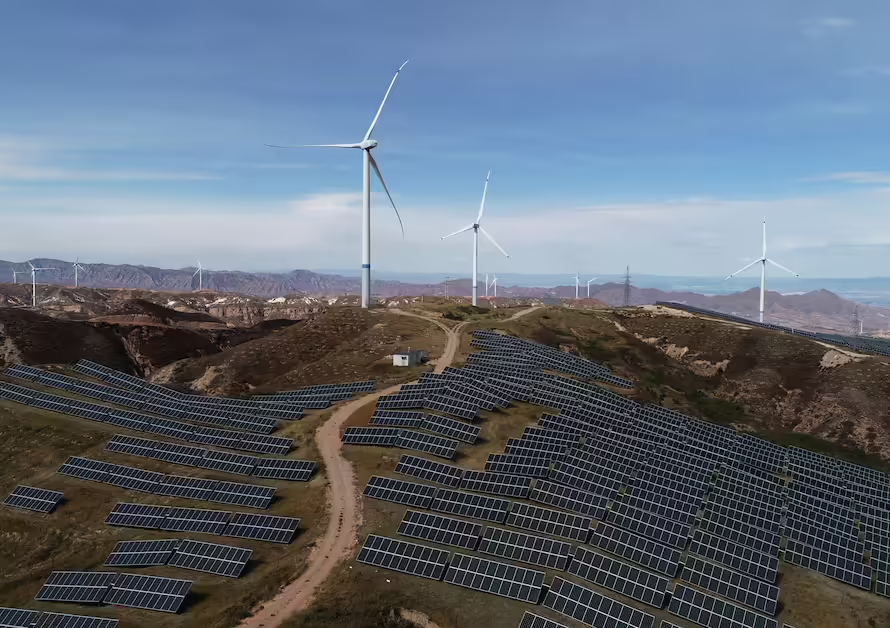The UK’s largest steelworks will cease production on Monday, October 01, 2024, when the last smelting furnace at Port Talbot, Wales, will close after more than 100 years of production at the expense of nearly 3,000 jobs.
The closure of the last smelter at Port Talbot, once Europe’s largest steelworks, is the culmination of a decade-long decline in the UK steel industry, as it struggles to compete with low-cost imports.
Demonstrating the scale of the challenge, Indian-owned Tata Steel had been losing 1 million pounds a day before it began the process of closing its facilities.
Tata Steel’s site will now undergo a three- to four-year decarbonization plan to build an electric arc furnace that will produce steel from scrap metal, a 1.25 billion pound ($1.68 billion) project backed by 500 million pounds of funding from the UK government.
The UK’s transition to net zero is changing its industrial landscape.
In central England. About 200 miles from Port Talbot, the UK’s last coal-fired power station will also close on Monday. This marks the end of coal power.
The Community steelworkers union said in a statement that the closure of the last smelting furnace was the end of an era and called it a very sad and meaningful day.
Chinese-owned British Steel still produces steel from raw materials at two smelters in Scunthorpe, Northern England. But it is also in talks with the government to switch to cleaner manufacturing.
The government says it wants to invest 2.5 billion pounds in the steel industry and will publish a strategy on its plans to boost the sector next spring.
The switch to electric steel production is expected to reduce UK carbon emissions by 1.5% as the coal-fired plant at Port Talbot is the country’s largest source of carbon emissions.



